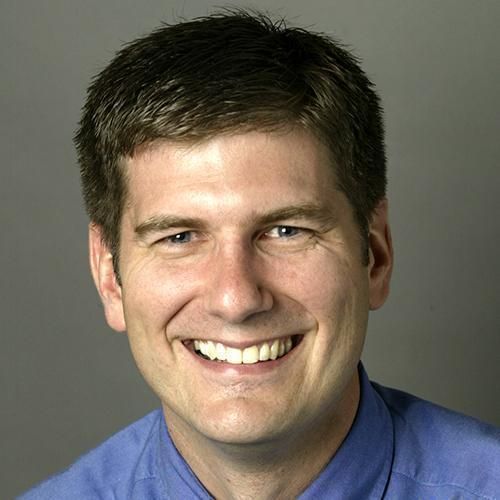Overview
Dr. David E. Schaad is a registered professional engineer in 21 states, a Board Certified Environmental Engineer with specialties in both Hazardous Waste Management/Site Remediation and Water Supply/Wastewater Engineering, a Diplomate of the American Academy of Water Resources Engineers, and a licensed contractor and a qualifier in Building, Highways and Public Utilities in the State of North Carolina. With an undergraduate degree from Denison University, a Masters from the University of Colorado, Boulder, and a doctorate from Duke University, Dr. Schaad began the first stage of his career working for various firms including: Parsons Engineering Science, Marshall Miller and Associates, Appian Consulting Engineers, and AMEC. During that time Dr. Schaad helped lead teams of resourceful and dedicated engineers who tackled a variety of challenging and innovative technical projects (hazardous waste and water/wastewater) for a diverse set of clients including the Norfolk Southern and CSX Railway Companies, the North Carolina and Virginia Departments of Transportation, and North Carolina State University (NCSU), among others. The most significant project Dr. Schaad designed and managed was the remediation of the NCSU Lot 86 National Priorities List (NPL) Site, where shallow soil mixing was used to encapsulate approximately 11,000 cubic yards of chemical and hazardous waste into a ten foot thick monolith about half the size of a football field. After a successful decade and a half as a design engineer, Dr. Schaad transitioned into investing in the next generation of leaders by becoming a Professor of the Practice at Duke University where he could assist future engineers in developing their design skills and ability to move from thinking to conceptualization to implementation. In response to the December 2004 tsunami which devastated coastlines in Southeast Asia, and Hurricane Katrina which impacted the New Orleans area, he began a new course focused on response, rebuilding, and resilience and lead teams to both areas, with the largest being 130 students going to St. Bernard’s Parish over the spring break of 2006, and he continued leading teams to New Orleans every other year for a decade since then. He helped establish Duke Engineers for International Development (https://sites.duke.edu/deid/), which is a student group that works in collaboration with local partners to address identified community needs. His experiential, service-learning pedagogy has helped facilitate over 30 international (and a few domestic) projects impacting over 300 student engineers and over a dozen communities building rain water harvesting tanks, water distribution systems, vehicular and pedestrian bridges, health clinics and primary schools. Dr. Schaad recently led the effort to establish a new Certificate in Global Development Engineering, which on top of their major, helps students broaden their global competency, establish technical depth in a specific track, and have a mentored experiential design/construction experience in the United States or abroad. Dr. Schaad has taught over eighty courses at Duke and has been recognized with departmental and/or school-wide awards for his teaching and mentoring. He currently serves as the President of the Eastern Branch of the North Carolina Section of ASCE.

